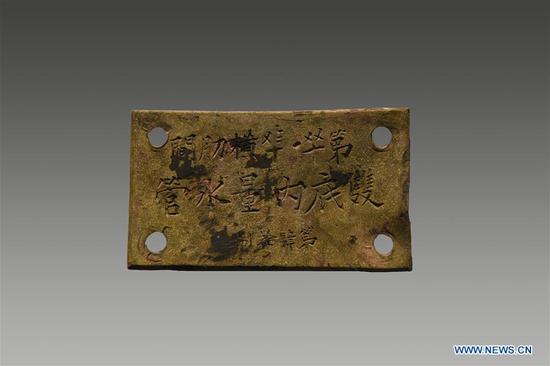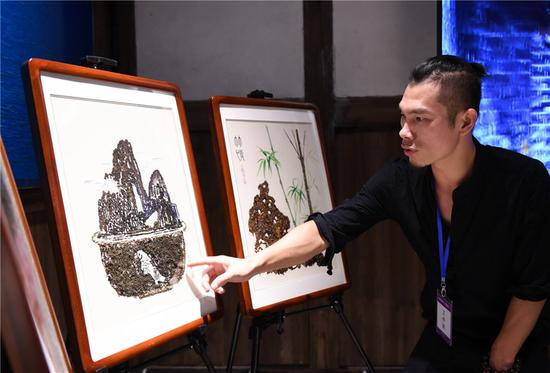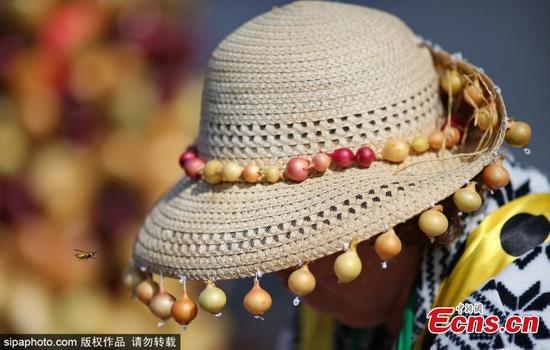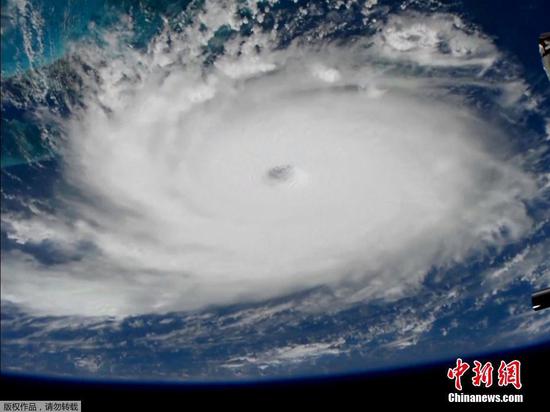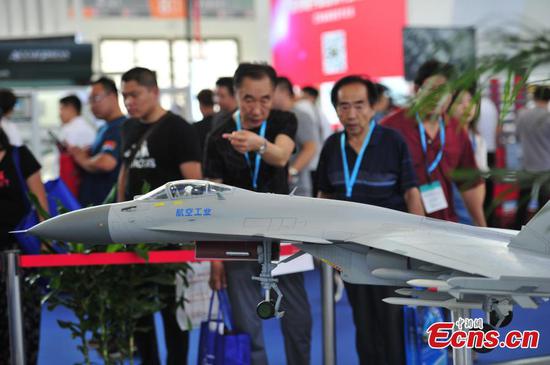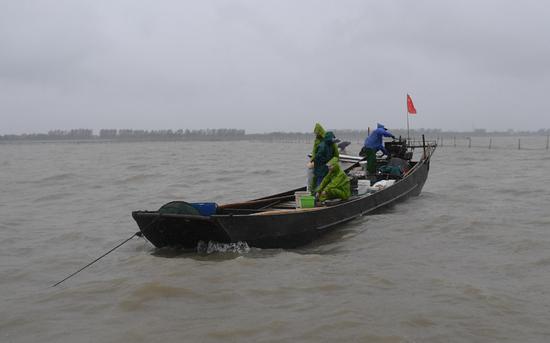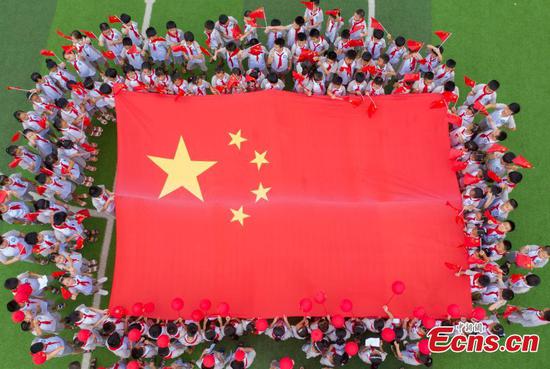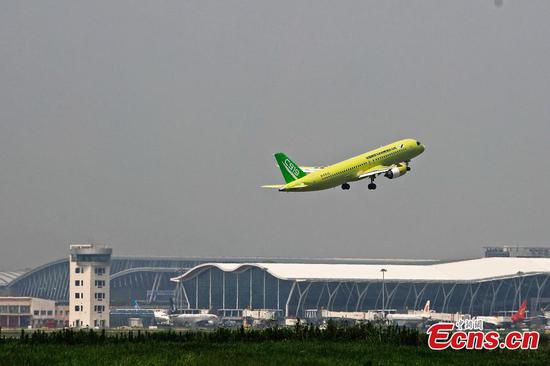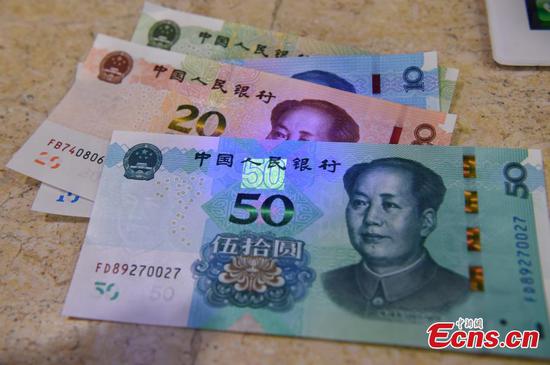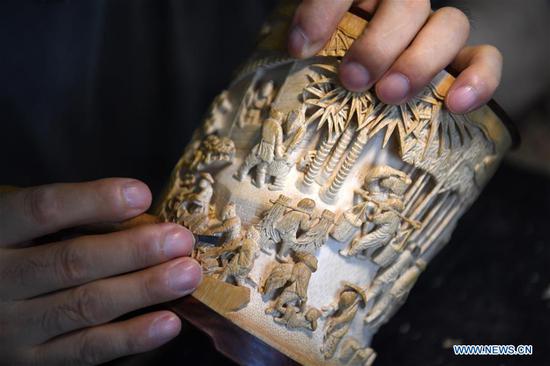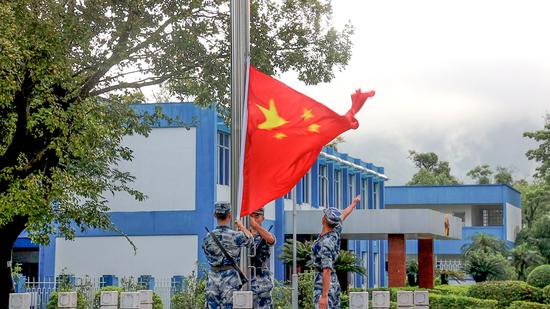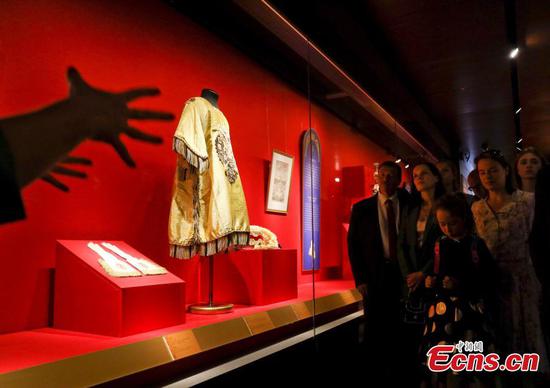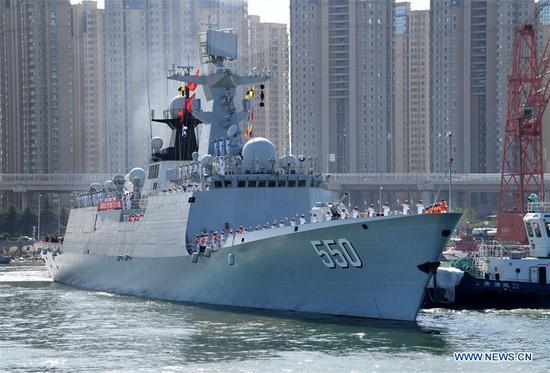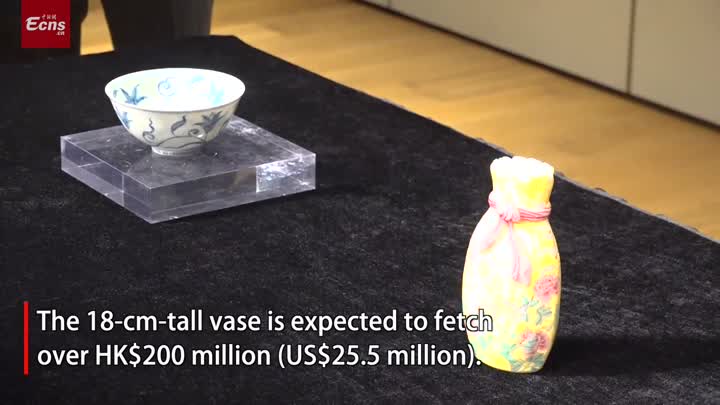China filed a lawsuit under the WTO dispute settlement mechanism on the U.S.' 15 percent tariffs on $300 billion Chinese goods, the first batch of which started on September 1, China's Ministry of Commerce (MOFCOM) announced on Monday.
U.S. tariffs seriously violated the consensus reached by Chinese and U.S. leaders in Osaka, Japan in June. China expresses strong dissatisfaction and resolute opposition to it, read the note issued on MOFCOM's website.
China will follow the relevant rules of the WTO, firmly safeguard its legitimate rights and interests, and resolutely defend both the multilateral trading system and international trade order, the notice said.
China's suit came after the China-U.S. trade war further escalated as the U.S. imposed fresh tariffs of 15 percent on $125 billion of Chinese imports starting midnight Sunday, which is the first batch of the $300 billion.
On the same day, China applied new tariffs ranging from 5 to 10 percent on the first batch of $75 billion U.S. goods as a countermeasure.
Chinese Foreign Ministry spokesperson Geng Shuang said on Monday that to continue China-U.S. trade talks as planned in September, the most important thing at present is to create conducive conditions for the talks, and both sides are in discussions over the matter.
China's courteous and legitimate behavior in the WTO's multilateral system, especially after the U.S. unilaterally and recklessly provoked and escalated the trade war, shows China's resolve to uphold multilateral trade, according to analysts.
Gao Lingyun, a research fellow at the Chinese Academy of Social Sciences in Beijing, told the Global Times on Monday that China insists on solving the escalating trade war through both bilateral and multilateral mechanisms, which may not provide a timely solution and shows China's commitment to trade multilateralism.
Even if the U.S. draws back from the current WTO mechanism, China's resolve to uphold the multilateral mechanism won't change, said Mei Xinyu, a research fellow at the Chinese Academy of International Trade and Economic Cooperation under the Ministry of Commerce.









